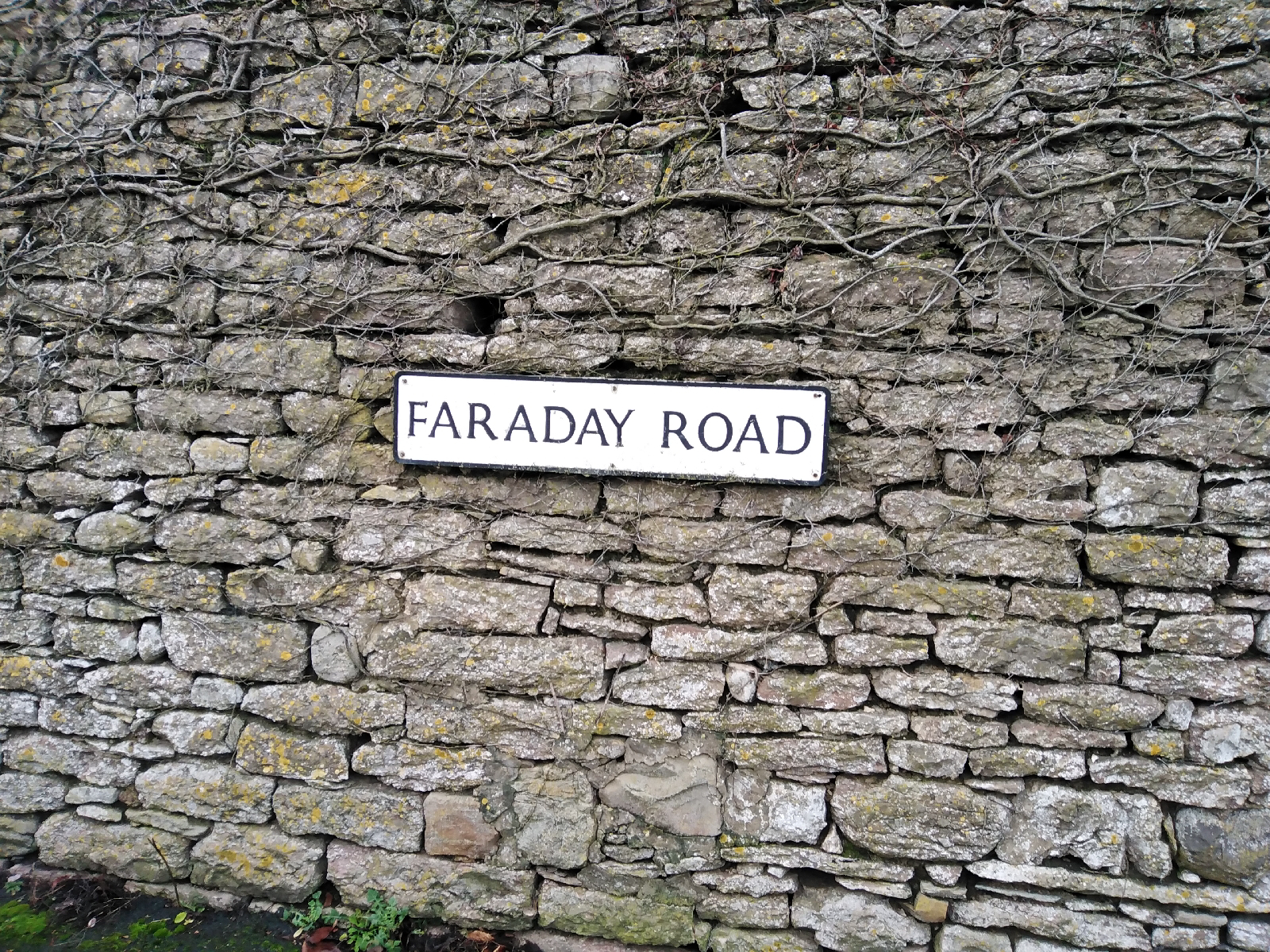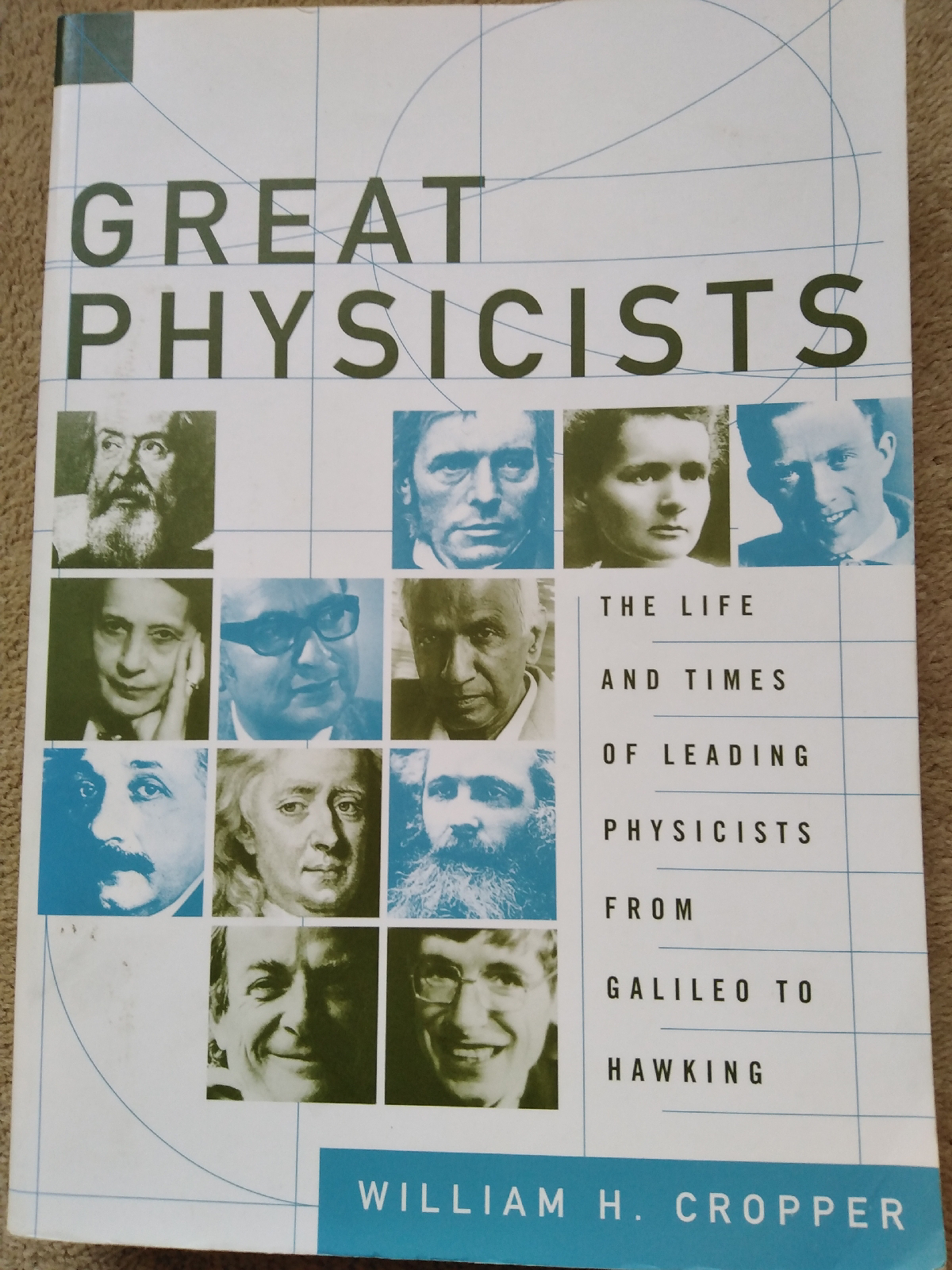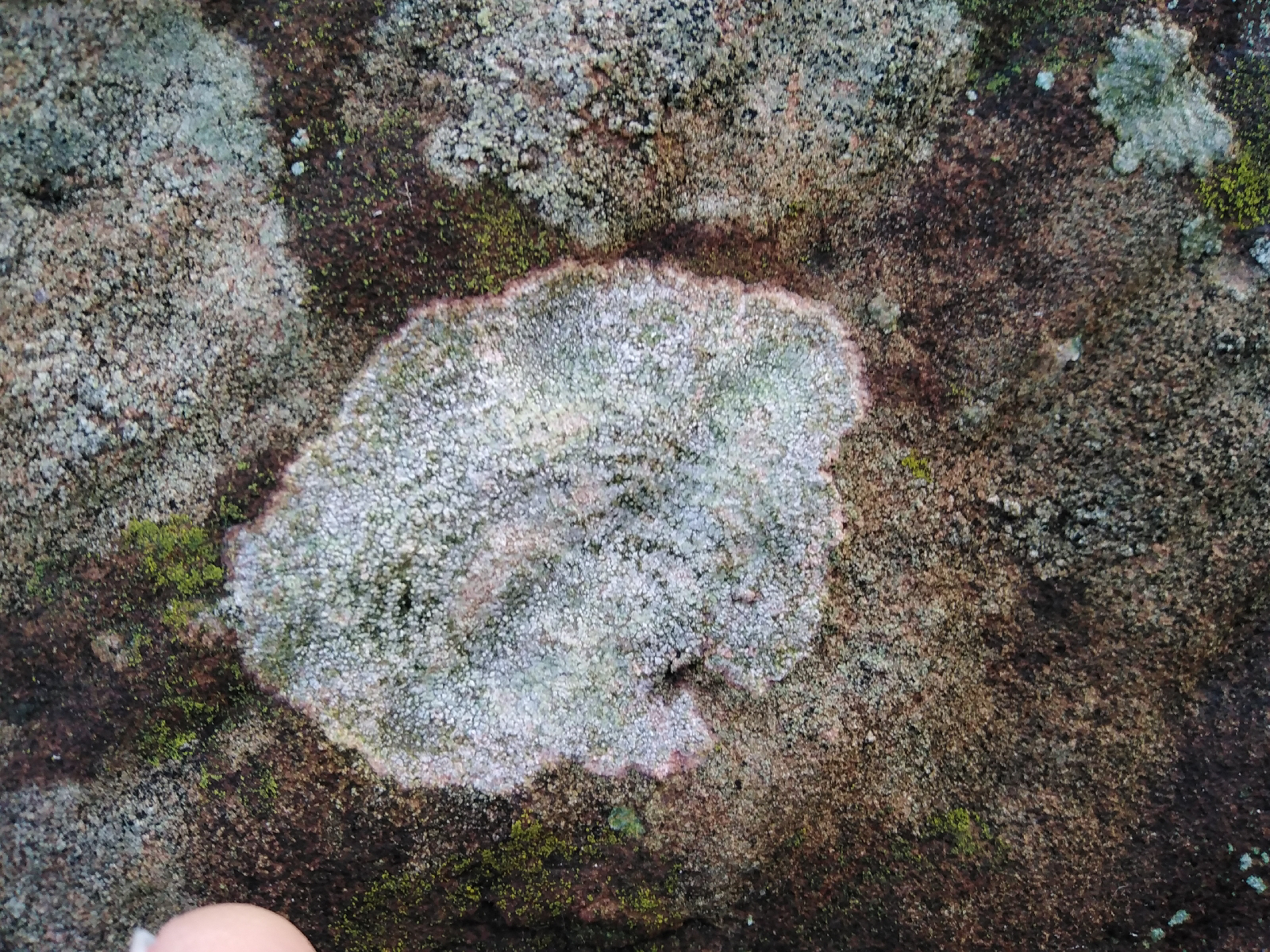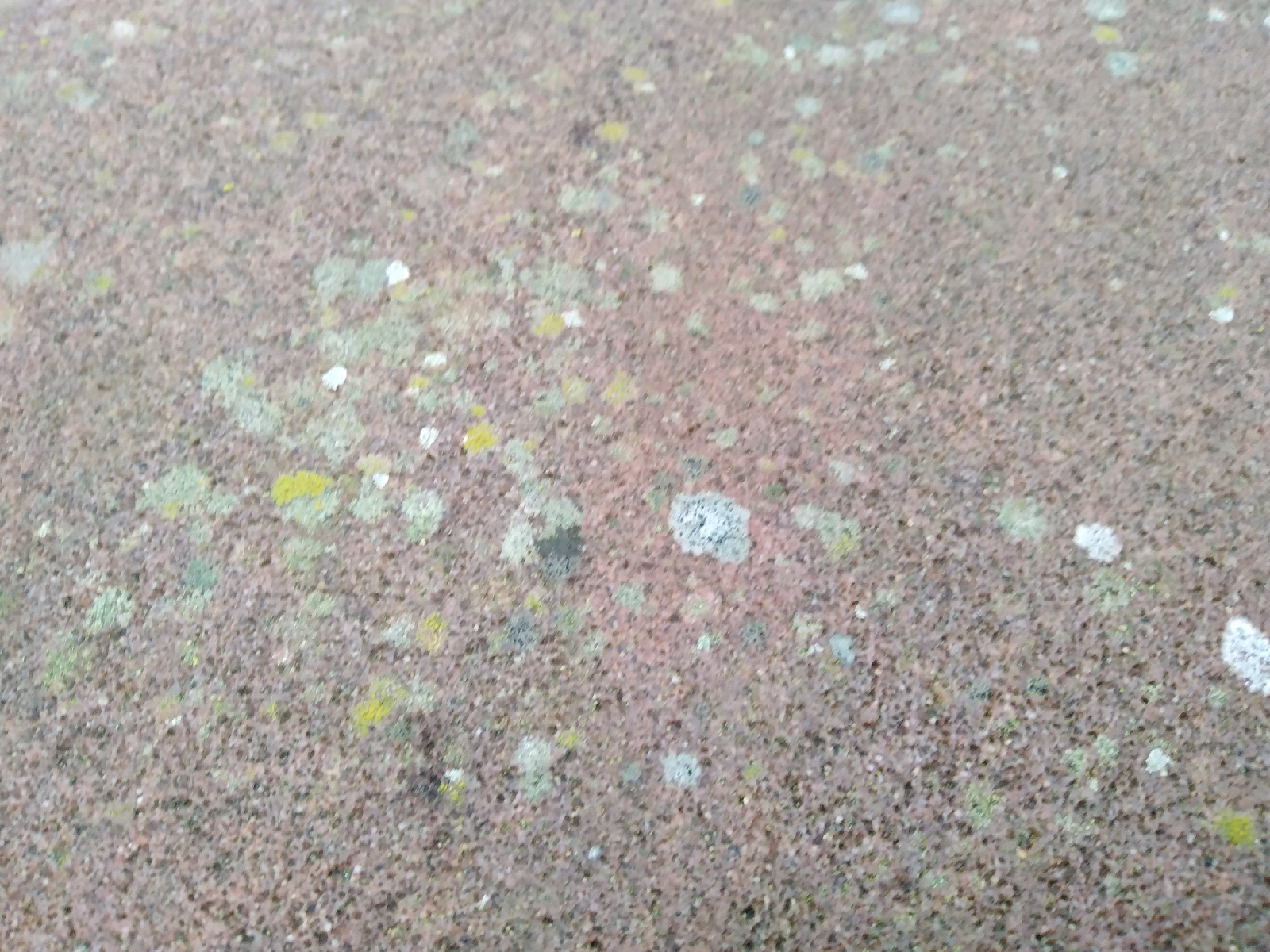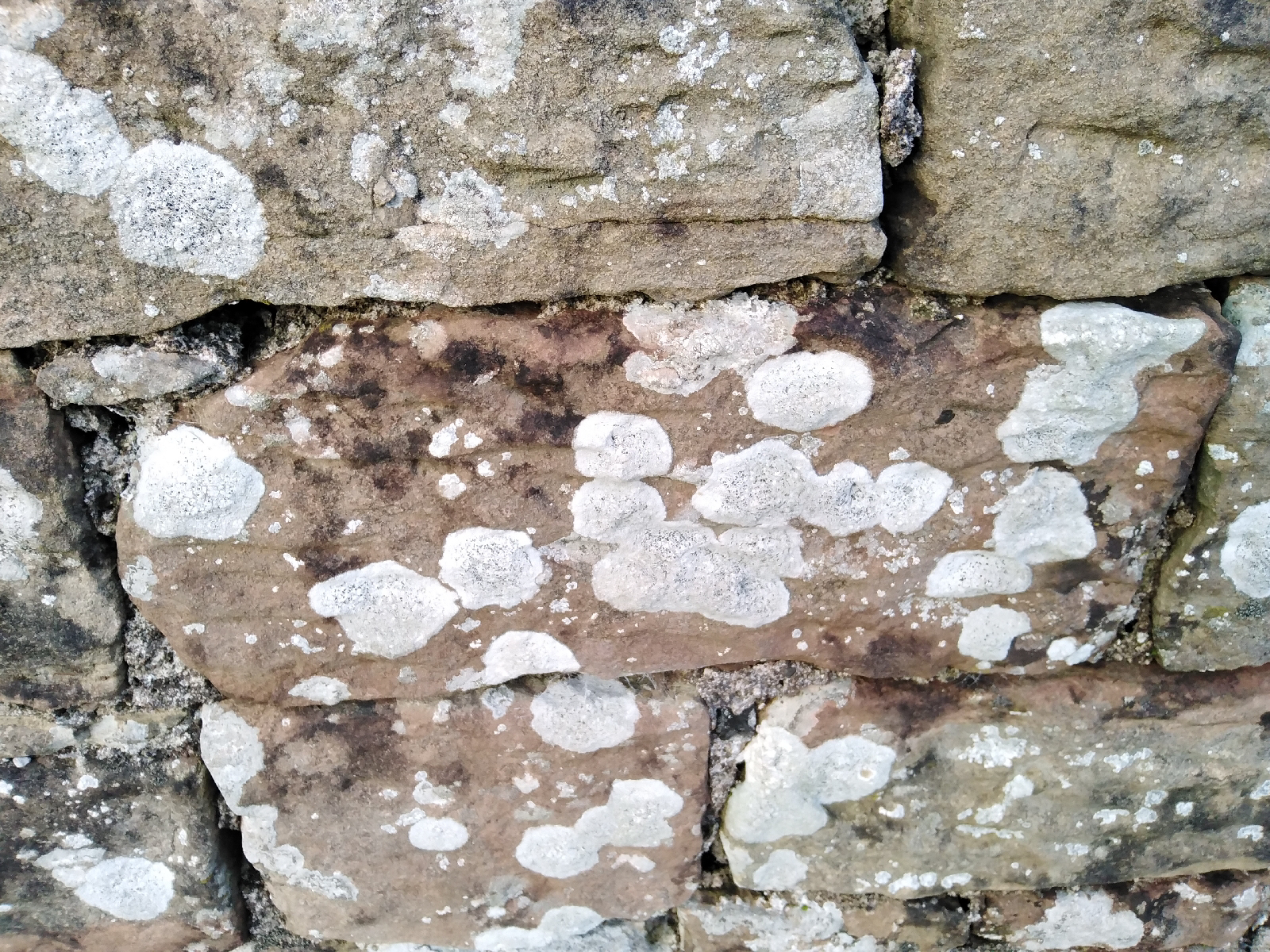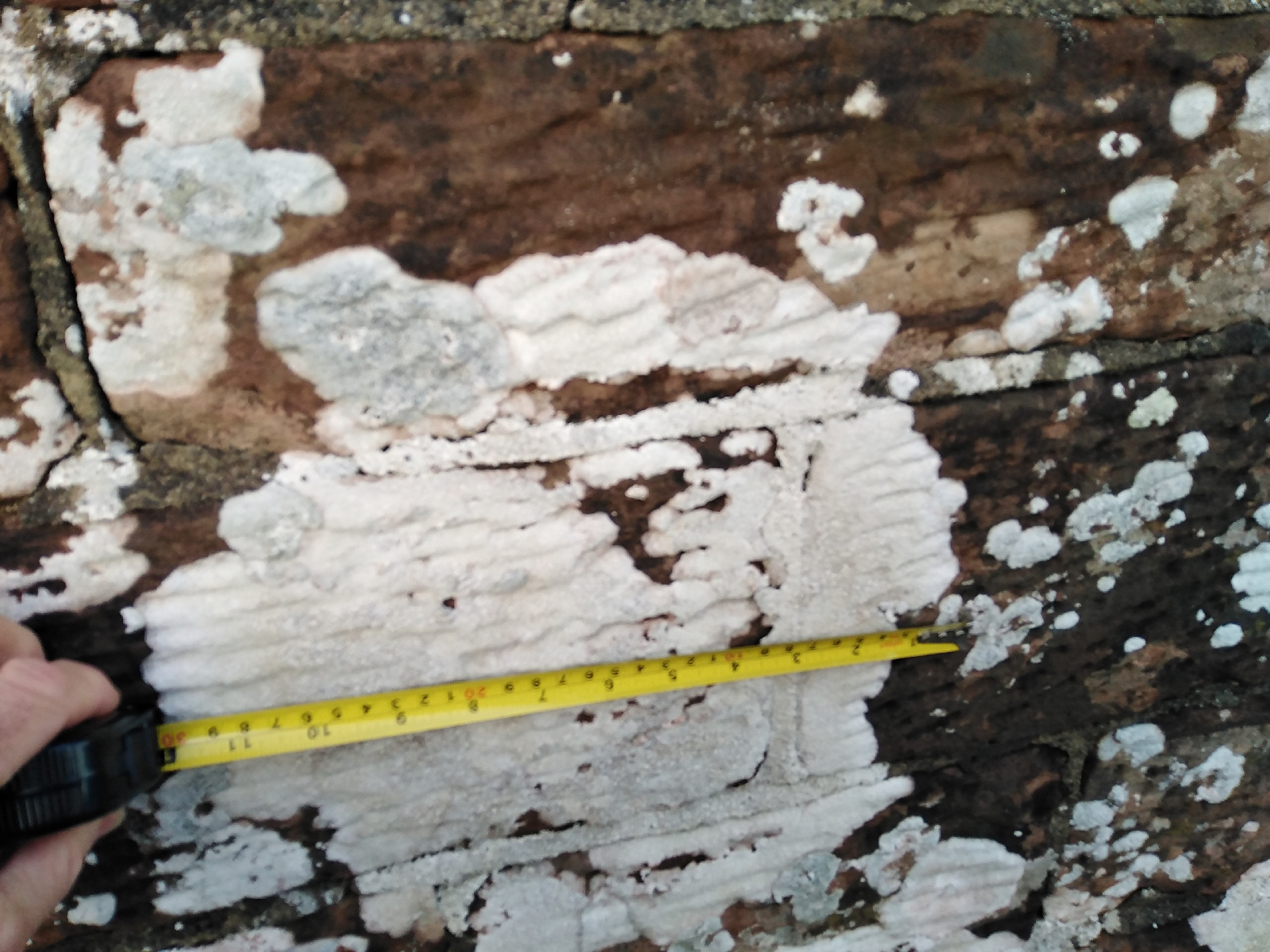It's ten years since I've been to Kirkby Stephen but this time I found the road that is named after Michael Faraday's uncle. Good timing, because I've just come across the concept of the Faraday Constant. F is the electric charge of one mole of protons. This came as a spin off from looking at Gibbs Free Energy and how that is used in electrochemisty.
Wednesday, 27 December 2023
Sunday, 24 December 2023
Gibbs Free Energy
One thing I have never got to grips with is Gibbs Free Energy. I can see the way to do chemical calculations using it but that doesn't tell you what it is. Every time I have come across it in thermodynamics, I have not understood what it is about. So I have been delving into the wonderful Great Physicists book which has the best account I've seen. I taught that Internal Energy U is the sum of the kinetic and potential energies of the particles. This can be affected by heat energy and mechanical work, which would increase the kinetic energy of the particles. I used to teach this as "hit it or heat it". But the potential energies can be affected by chemical reactions and the total number of particles will also affect the sum of kinetic and potential energies. The work on Gibbs Free Energy is going to lie in this area.
Thursday, 21 December 2023
Ocean of Storms
There was a lovely image on APOD called Ocean of Storms. I'd not heard of that area of the Moon. It turns out the orientation of the image isn't the same as that with which I see the Moon. It's called an ocean because it is a particularly large area. The Seas and Oceans are areas of basaltic lava that are less reflective than the highlands and so look like bodies of water to the naked eye.
Wednesday, 20 December 2023
Bill Gates's book on climate change
I have been reading this book. It is easy to read and contains some gems of data. On page 73 he says that a typical American house uses 29kWh of electricity per day. At the moment, in mid-winter, we are using about 6kWh. I guess one big difference is that we don't run air conditioning.
Sunday, 17 December 2023
More lichenometry problems
Closer inspection of the wall shows that in the some sections, the mortar has clearly been repointed. I suppose that's obvious. Now it is not clear that siliceous-loving lichen would want to grow across lime-rich mortar but it clearly has in some places. It may be that the repointing has removed some lichen. There are clearly some patches that are stone but differently coloured suggesting that they were covered at one point.
Not a problem but an interesting observation is that the slight overhang of the capstones keeps the top section drier which may affect the growth of lichen. In places the bottom of the wall is mossy because that is the wettest part.
Wednesday, 13 December 2023
Annual rings in lichen as a lichenometry method
I noticed that these lichens seemed to have clear growth rings in them. I found a paper on this. It seems likely that lichen grow more in the summer than the winter. If so I will be able to date these lichen on the wall by the by-pass. The bottom one would be about 15 years old.
Tuesday, 12 December 2023
Another lichenometry measurement
Woodside Park is across the road from the cemetery. The entrance wall has been there about 5 years. There is already lichen on the top surface.
It looks like roughly 2mm a year growth. It is also sandstone but a flat by surface.
The thing that undermines some of my theory is the presence of a few large patches.
Sunday, 10 December 2023
Problems with the lichenometry
The picture below shows many small lichens growing on the same stone. I didn't measure them but based on the previous growth rate, they will be a decade or two old. This are starting to merge.
The large lichen below has definitely grown round a smaller one of a different species.
Friday, 8 December 2023
Lichenometry investigation
I came across lichenometry as a way of ageing exposed rock on mountains.
The outer wall of Wigton Cemetery seemed like an ideal place to start. The cemetery was built in the 1850s so the wall will be about 170 years old.
Wednesday, 6 December 2023
Monday, 4 December 2023
What happens to a wind turbine when the wind stops?
I saw a claim on the Internet that wind turbines can keep spinning for hours after the wind has dropped. Sounds incredible to me. So I decided to do a calculation based on the turbines at Watchtree. I used an approximation where I calculated the kinetic energy at rated power and divided by the rated power, assuming it would generate at that power until it stopped. I modelled the three blades as uniform spinning rods using data from here. I = 1/3.m.L^2 = 1/3 x 1500 x 23^2 = 264500kgm^2. Rotational speed = 1650 U/min. The units are in German: Umdrehungen pro Minute is revs per minute. That's 172 rad/s. Rotational ke = 1/2 I.w^2 = 4 x 10^9 Joules. At 660kW output, it would take roughly 100 minutes to use all that energy in the generator. Maybe there is some truth in the claim.
Friday, 1 December 2023
Microfibre
Micro has a particular meaning in science: 10^-6 or on millionth. So how does that apply to fibre? It turns out that the fibres have a diameter of less than 10 micrometres so I wouldn't be able to measure that with a micrometer screw gauge. I guess that the small diameter gives the fibres a much bigger surface area when woven like this so that more water can bind to the surface, It says that the polyamide content, which is 12% on this white part of this cloth, due to hydrogen bonding. Looks like this has opened up a whole new area of interest!
